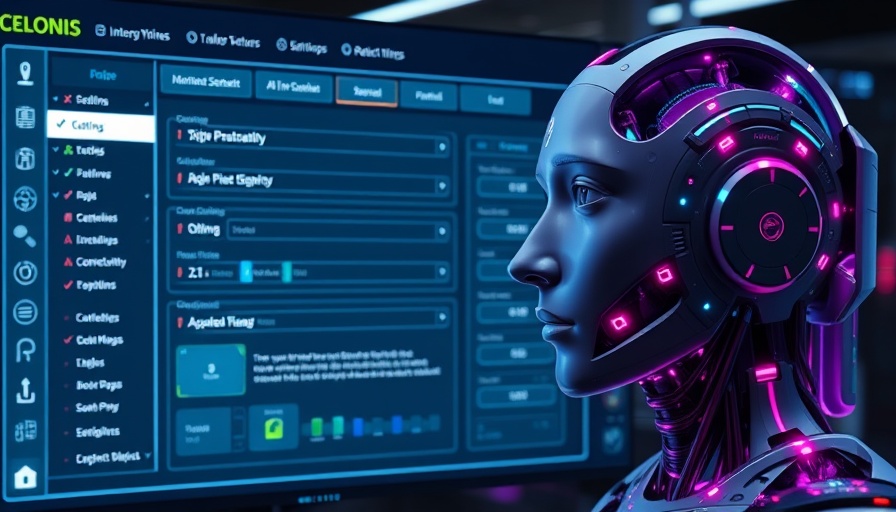
The Rise of AI in Non-Traditional Sectors
With a transformative wave sweeping the $12 trillion U.S. services industry, AI software startups are at the helm, transforming traditional sectors that have been resistant to automation. A recent Bank of America report highlights this burgeoning AI movement, particularly in sectors such as legal services and healthcare, where these novel applications promise revolutionary shifts.
AI and the Healthcare Revolution
San Francisco's Hippocratic AI, established in 2022, is a testament to the innovative potential of AI. Focused on automating non-diagnostic tasks in healthcare, it evaluates the necessity of emergency room visits and gets rave reviews from users. At a fraction of the cost—around $9-10 per hour compared to the $50-90 for human nurses—it offers an economically viable model that might eclipse its human counterparts in specific tasks, like assessing drug safety and dosage accuracy.
Legal Services Embrace AI Tools
vLex, hailing from Barcelona, leverages AI to empower lawyers and paralegals. Through its platform, Vincent AI, legal teams gain speed and efficiency in strategizing and document analysis, reducing tasks that took weeks down to mere minutes. With adoption by two million users, vLex is redefining effectiveness in the legal field, allowing practitioners to foresee and prepare for hypothetical legal arguments with unprecedented agility.
Future Predictions: The Dawn of AI-Native Startups
According to AI industry analysts, we're witnessing the dawn of AI-native startups that resemble the formative days of the internet in the '90s. As these ventures multiply, their influence is likely to grow, colliding with traditional service roles and finding new ways to deliver value with enhanced efficiency and reduced costs.
Relevance to Current Events
The swift integration of AI in these sectors underscores a broader technological wave reshaping global economies. With high stakes in improving sector efficiency, AI ventures are incentivizing change in operational thinking, making them vital narratives in today's technology-driven world.
 Add Row
Add Row  Add
Add 




Write A Comment